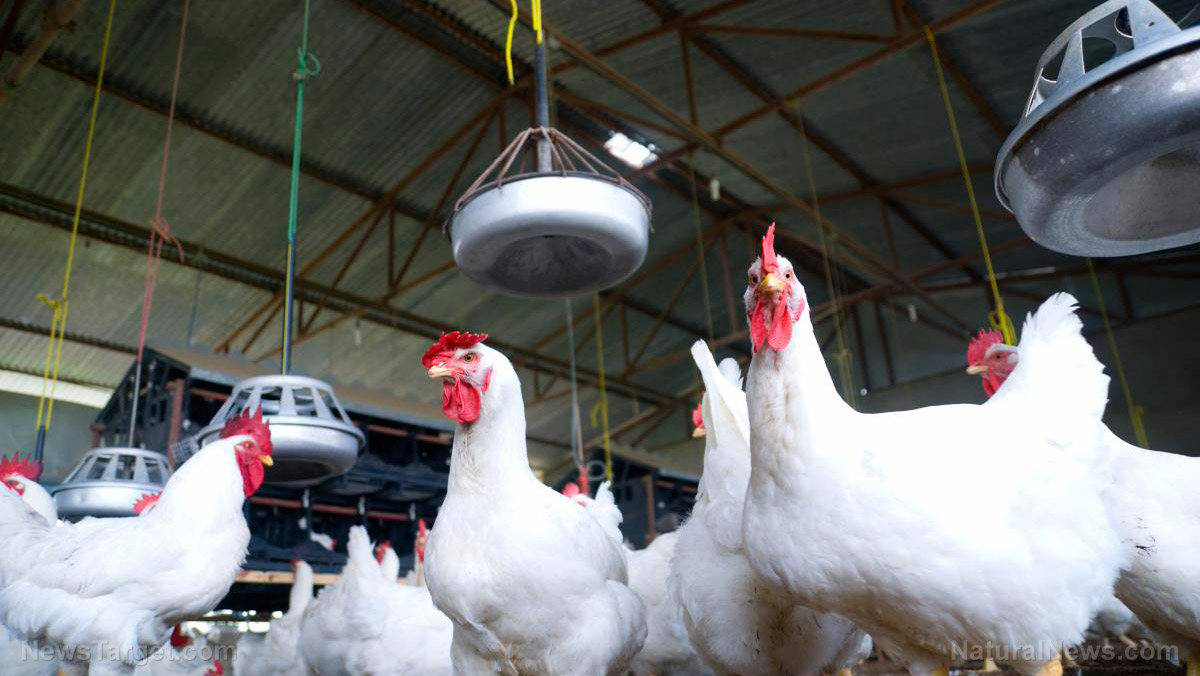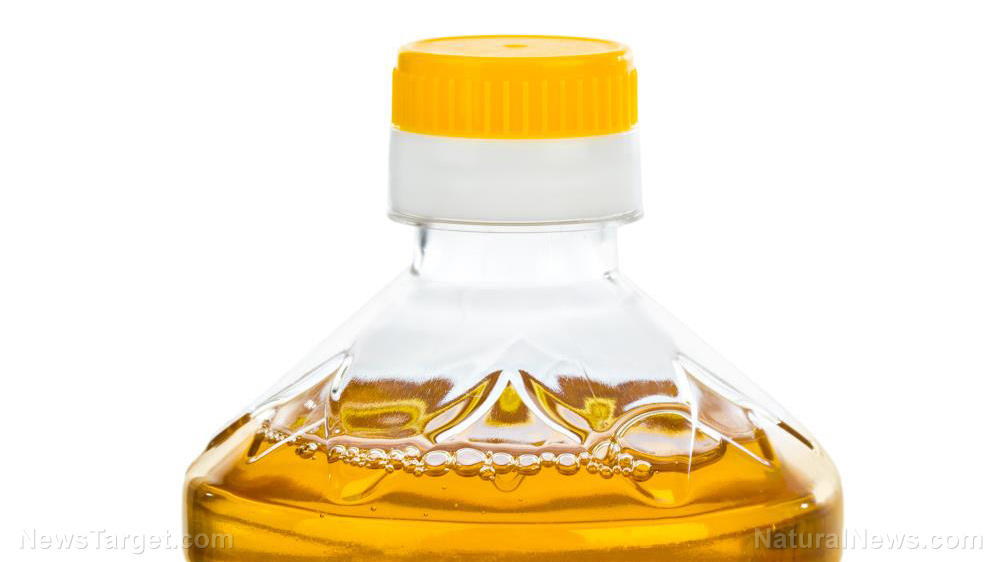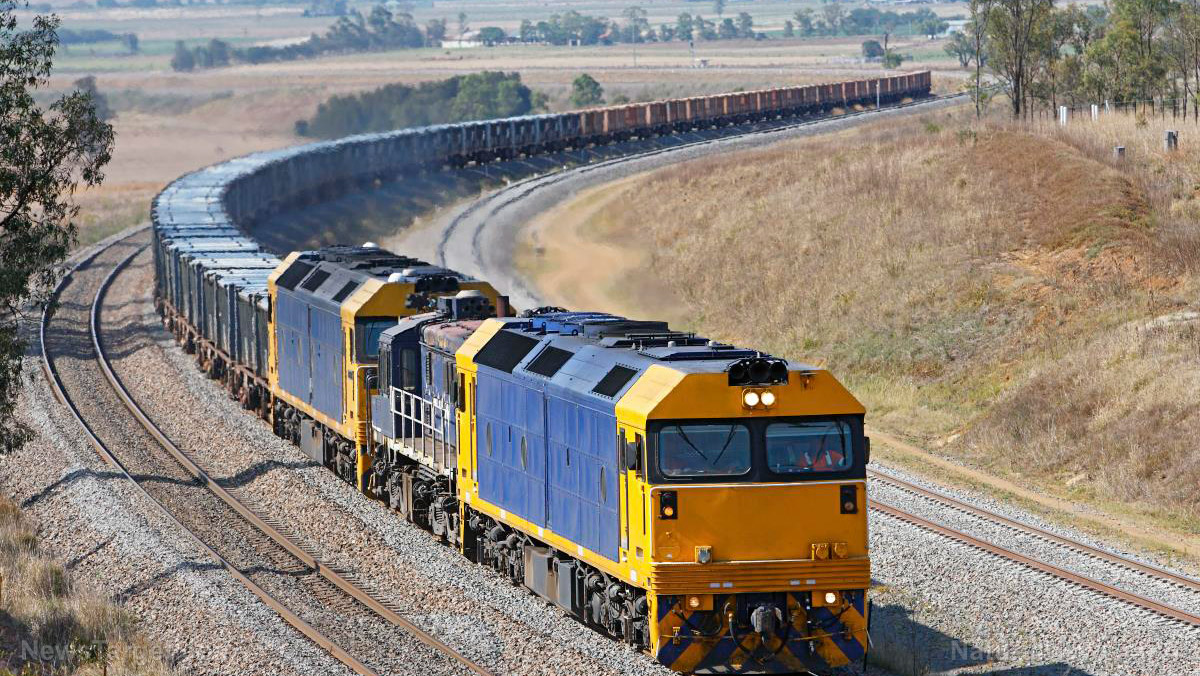Walgreens begins rationing baby formula amid worsening supply chain crunch, forcing new parents to scramble
05/09/2022 / By JD Heyes

The supply chain crisis in the United States is getting worse but for some reason, no one in the Biden regime — including ‘Transportation’ Secretary Pete Buttigieg — seems to be doing much about it.
All sorts of goods and commodities are now in short supply, on backorder, or simply impossible to get including semiconductor chips, lumber, steel, homebuilding supplies, automobiles and now, some food items.
Baby formula, for instance, is now in such short supply that major retail outlets like Walgreens have begun severely rationing how much new parents can purchase.
On Friday, the second-largest pharmacy chain retailer in the U.S., behind CVS, said that as the supply chain crisis deepens, customers are being limited to three infant and toddler formula product purchases at a time at all 9,021 locations around the country.
In an interview with DailyMail.com, a company spokesperson said that the limitations, which have been in effect for days, are tied to an “increased demand and various supplier issues” up and down the chain, adding that 29 percent of all of the top-selling brands around the country are completely out of stock.
As the supplies become more scarce, parents around the country are starting to panic, the outlet reported.
“I would normally buy four to six cans at times to get us through the month and I would have to limit that to two,” said Samantha Modely, of Memphis, Tenn., according to WREG-TV.
“My friend is about to have a baby in August, and I can’t imagine being worried about whether you’d be able to go to the local grocery store and grab what you needed,” Modely added.
“We’ve noticed it being difficult to find maybe a couple months ago — two, three months ago — and then just recently we can’t find it,” San Fran resident Irene Anheock told CBS News in an interview regarding the shortages.
“We’ve tried all the local Targets. We checked Costco, Costco online, Walgreens, Long’s — can’t find it anywhere,” she added.
The Daily Mail adds:
The shortage is being blamed on pandemic-related supply chain issues — which has spawned a backlog of billions of dollars of toys, clothing, electronics, vehicles, and furniture over the past year — as well as delivery disruptions caused by severe weather seen in the Deep South the past month.
A recent recall also compounded the issue in February, when Abbott, one of the four major American formula manufacturers, recalled a number of its products — including its preeminent Similac formulas.
The recall focused on products that were made at the company’s Sturgis, Mich., factory and was the result of potential contamination of Cronobacter sakazakii, a bacteria that could be deadly to infants, according to a statement from the company.
And now, some two months afterward, the product is increasingly absent from stores, large and small, around the nation.
According to Datasembly, a firm that tracks billions of retail and grocery price records for stores in every state, an analysis of baby formula stock in more than 11,000 retail outlets found that 29 percent of all top-selling formula brands were not in stock during the week of March 13. Some states saw as much as 40 percent being out of stock including Hawaii, Texas, Iowa and Louisiana.
“The marked increase is up 11 percent from November, when the supply chain crunch was at its height, due to a historically high demand for consumer goods during the pandemic, when an influx of Americans elected to stay home instead of spending money on travel and entertainment,” the Daily Mail reported.
Ben Reich, CEO of Datasembly, told CBS News: “This is a shocking number that you don’t see for other categories.”
“We’ve been tracking it over time and it’s going up dramatically. We see this category is being affected by economic conditions more dramatically than others,” he added.
The Biden regime’s ineptitude when it comes to fixing the supply chain and bringing down inflation will cost Democrats in November.
Sources include:
Submit a correction >>
Tagged Under:
baby formula, food supply, hunger, rationing, retail outlets, shortages, starvation, supply chain, supply chain crisis, United States, Walgreens
This article may contain statements that reflect the opinion of the author
RECENT NEWS & ARTICLES
COPYRIGHT © 2017 FOOD SCIENCE NEWS




















